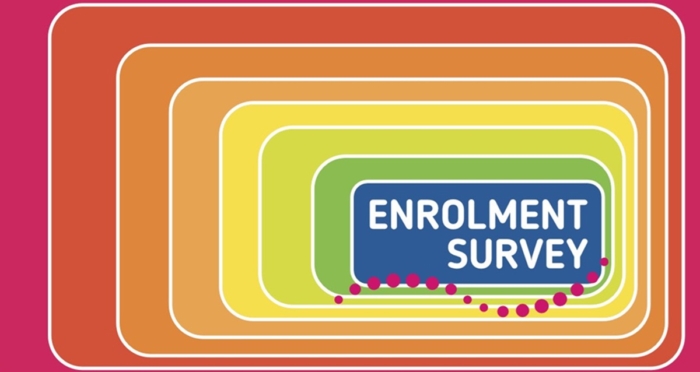Dr Rhys Morgan, the Director of Education & Skills at the Royal Academy of Engineering, explains the thinking behind a new initiative to enhance data-centric teaching in UK universities and invites you to contribute.
The Royal Academy of Engineering, Turing Institute and the Lloyd’s Register Foundation are working on a collaborative project to embed greater levels of Data-Centric Engineering (DCE) in UK engineering degrees.
All industries are becoming digital industries, fundamentally dependent on the successful management and exploitation of data. Sensing and condition monitoring are enabling new levels of management and control of products, systems and services. As engineered systems are becoming increasingly complex, their safety, reliability and efficiency will be fundamentally dependent on the data we can extract. To ensure the successful implementation of DCE, there needs to be greater emphasis on the effective management, manipulation and analysis of data, use of statistical- and optimisation-tools, including machine learning and AI tools by engineers. These new knowledge and skills need to be adopted in engineering higher education across all disciplines.
We have established an expert advisory group which has defined 50 learning outcomes across subject areas including statistics, data acquisition and management, and data analytics including use of machine learning and AI tools. We know many universities will already have some of these learning outcomes in their curricula, either explicitly, or implicitly through lab exercises or project work. However, we would like to get a deeper understanding of how widespread the adoption is.
We would be grateful for EPC members to fill out the short survey to give your views on how well Data-Centric Engineering is learned in your institutions.
The link to the survey is here.
The survey will close on 4th July 2025




